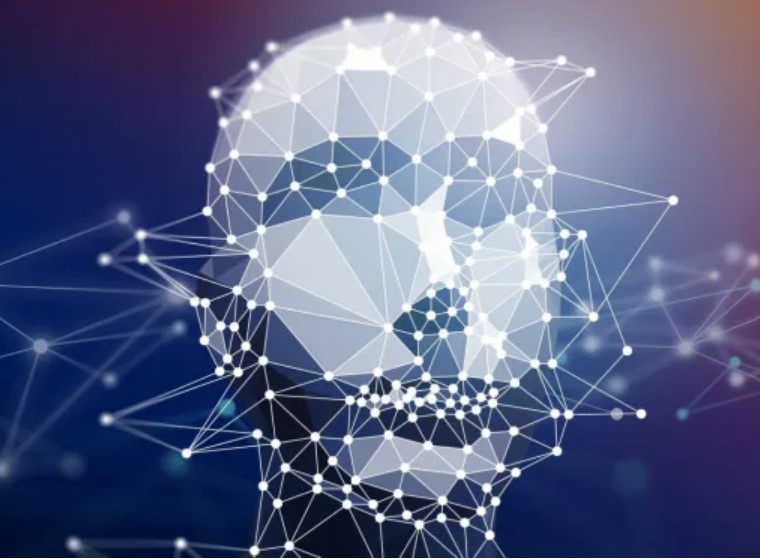
The air in Silicon Valley was charged as OpenAI’s Dev Day announcements—boasting custom GPTs, GPT-4 Turbo, and an Assistants API—sent ripples of excitement across the globe. As an AI enthusiast, the surge of updates was exhilarating yet overwhelming, coming hot on the heels of a deluge of AI news the previous week. It wasn’t just the White House’s AI Executive Order or the G7’s new code of conduct that stirred the pot; the UK Safety Summit and the intense debates on AI risks also made headlines. The legal arena was abuzz too, with a key AI copyright case making waves, while the tech world watched as Midjourney, Runway, and Stability AI rolled out fresh updates.
The AI scene never sleeps, as shown by Scarlett Johannson’s legal move against an AI app, Google’s unveiling of GenAI tools, and AMD’s promising AI chip sales forecast. ‘AI’ even took the spotlight as Collins Dictionary’s word of the year, a testament to the term’s ubiquity and significance. Even weekends offer no respite, with Elon Musk’s surprise drop of xAI’s first LLM, Grok, adding to the whirlwind. Amidst this backdrop, Sam Altman’s revelations of new capabilities and pricing for OpenAI’s platform couldn’t have been more timely. As ChatGPT nears its anniversary, OpenAI rides the crest of innovation with offerings that are cheaper, more advanced, and a step closer to AGI.
As we chart the course towards 2024, the AI landscape presents a clear trajectory. Despite calls for a pause in AI development, Elon Musk’s launch of Grok signals an unyielding advance. It’s evident that there’s no slowing down; we’re headed for a year where AI will accelerate, with enterprises gearing up to deploy AI in production and regulatory landscapes evolving at breakneck speed. Regulators will indeed be working overtime to keep pace with AI’s meteoric development. OpenAI’s latest offerings highlight the growing complexities that regulators will face. With initiatives like the AI Executive Order and international summits, the groundwork is being laid for an intense period of legislative and regulatory activity as we approach 2024.
One particularly notable aspect of today’s AI evolution is the distinction in copyright protection for enterprises versus consumers. OpenAI’s “Copyright Shield” for its customers underscores a broader industry trend where businesses are provided with more robust legal defenses compared to individual users. This protective stance is expected to solidify as AI becomes more entrenched in commercial products and services.



